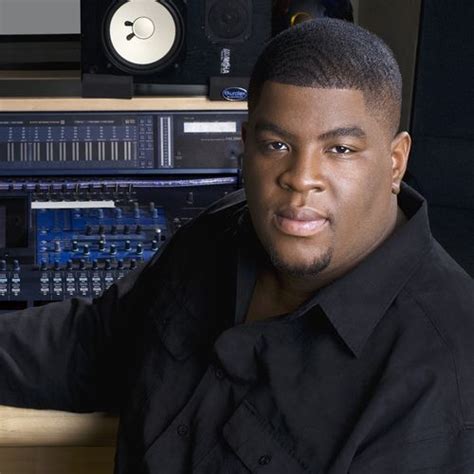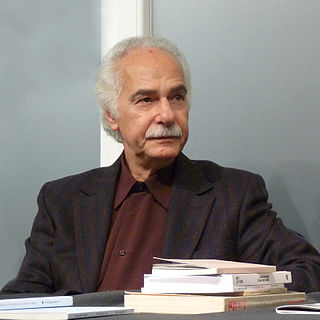A Quote by Roland Barthes
Henceforth I would have to cosent to combine two voices: the voice of banality (to say what everyone sees and knows) and the voice of singularity (to replenish such banality with all the élan of an emotion which belonged only to myself).
Related Quotes
The only master that exists, the only one that's true and believable is your own conscience. To find it you have to stand in silence-alone and in silence-you have to stand on the naked earth, naked yourself and with nothing around you, as if you were already dead. You don't hear anything at first; the only thing you feel is terror, but then you begin to hear a voice, away in the background, far off; it's a calm voice, and maybe its banality gets on your nerves to begin with.
This approach to voice is designed to liberate the natural voice and thereby develop a vocal technique that serves the freedom of human expression. The basic assumption of the work is that everyone possesses a voice capable of expressing, through a two- to four-octave natural pitch range, whatever gamut of emotion, complexity of mood, and subtlety of thought he or she experiences.
I think everyone has a story to tell. Part of what I do is help artists find their voice, not only their vocal voice, but their writing voice. Every artist that I worked with who has those records that everyone talks about, they are also writers. I like to say I helped support whatever their writing was so people heard the song clearly.
But what I would like to say is that the spiritual life is a life in which you gradually learn to listen to a voice that says something else, that says, "You are the beloved and on you my favour rests."... I want you to hear that voice. It is not a very loud voice because it is an intimate voice. It comes from a very deep place. It is soft and gentle. I want you to gradually hear that voice. We both have to hear that voice and to claim for ourselves that that voice speaks the truth, our truth. It tells us who we are.
... In contrast to the "banality of evil," which posits that ordinary people can be responsible for the most despicable acts of cruelty and degradation of their fellows, I posit the "banality of heroism," which unfurls the banner of the heroic Everyman and Everywoman who heed the call to service to humanity when their time comes to act. When that bell rings, they will know that it rings for them. It sounds a call to uphold what is best in human nature that rises above the powerful pressures of Situation and System as the profound assertion of human dignity opposing evil.



































